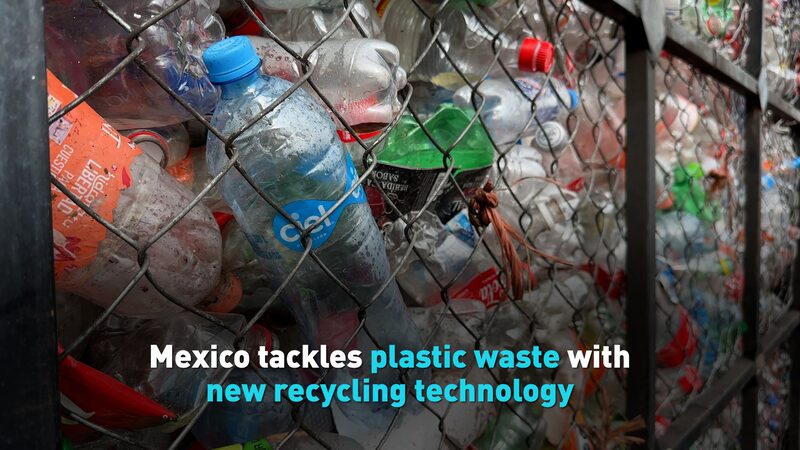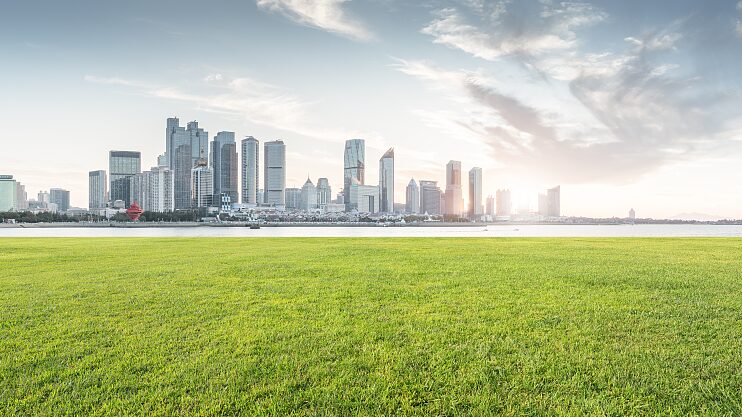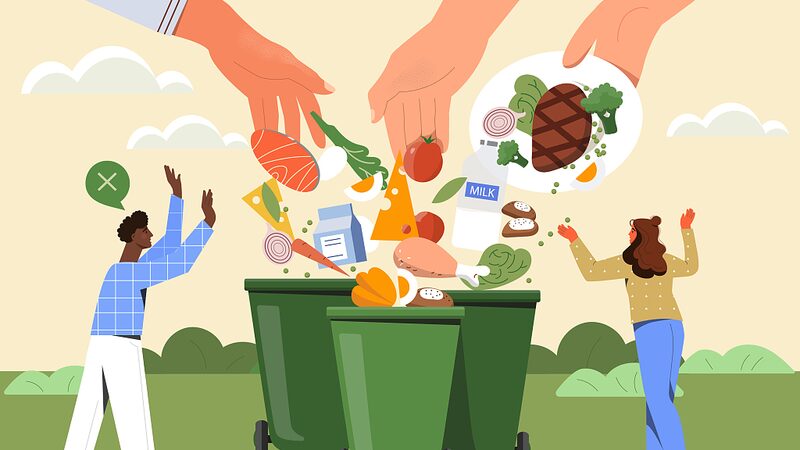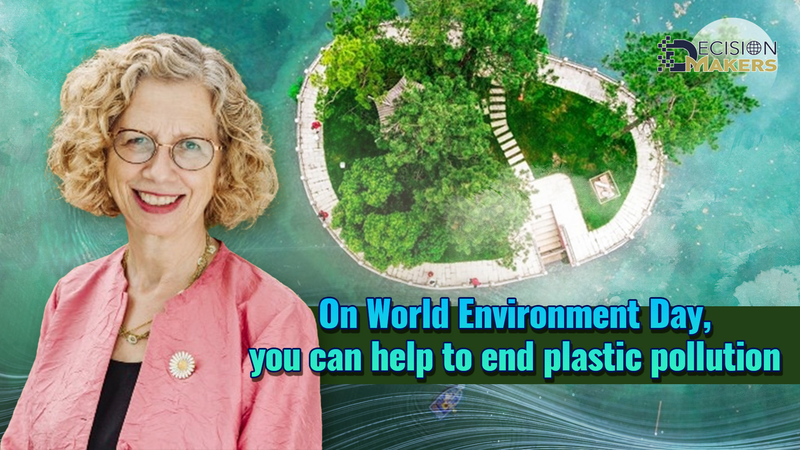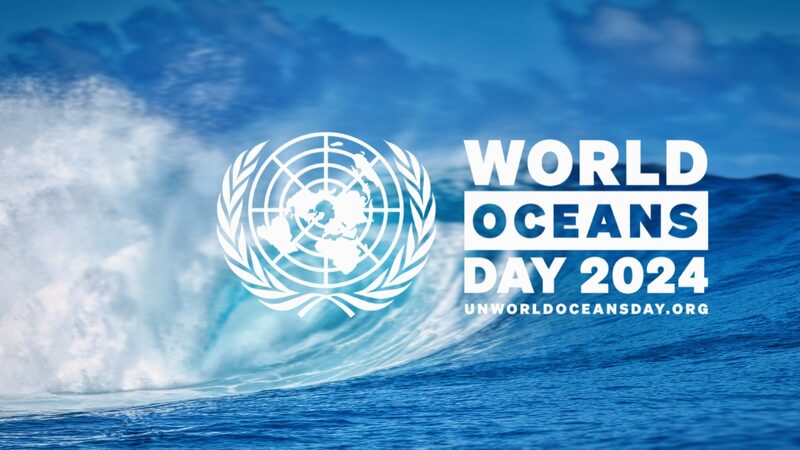As rivers choked with plastic waste and oceans teeming with microplastics dominate environmental concerns, Asia is stepping into the spotlight as a critical battleground in the global fight against plastic pollution. With the United Nations naming 'ending plastic pollution' as the theme for World Environment Day 2025, governments and innovators across the region are racing to deliver systemic solutions.
Over 400 million tonnes of plastic are produced globally each year, half of which is designed for single-use purposes. Yet less than 10% is recycled, leaving the majority to clog landfills, pollute ecosystems, and endanger marine life. Asia, home to some of the world's fastest-growing economies and most populous nations, faces unique challenges—and opportunities—in addressing this crisis.
Policy reforms are gaining momentum. Countries like Thailand and Vietnam have introduced extended producer responsibility (EPR) laws, requiring manufacturers to manage post-consumer plastic waste. Meanwhile, Japan and South Korea are investing in advanced recycling technologies, such as chemical decomposition methods that break down plastics into reusable raw materials.
Innovators are also rising to the occasion. Startups in India and Indonesia are turning agricultural waste into biodegradable alternatives to single-use plastics, while Chinese researchers are piloting AI-driven waste sorting systems to improve recycling efficiency. These efforts align with the UN's call for a circular economy model that prioritizes sustainability across production and consumption chains.
For investors, the push against plastic pollution is unlocking opportunities in green tech and sustainable materials. "Asia's regulatory shifts and tech-driven solutions are creating a fertile ground for impact investing," noted environmental economist Dr. Li Wei in a recent interview. "The region could set a blueprint for global markets."
As the 2025 deadline looms, cross-border collaboration remains key. Regional partnerships, such as the ASEAN Framework for Circular Economy, aim to harmonize policies and share best practices. For residents, businesses, and travelers alike, the message is clear: ending plastic pollution demands collective action—and Asia is leading the charge.
Reference(s):
Ending plastic pollution: Policy and technological innovation
cgtn.com



